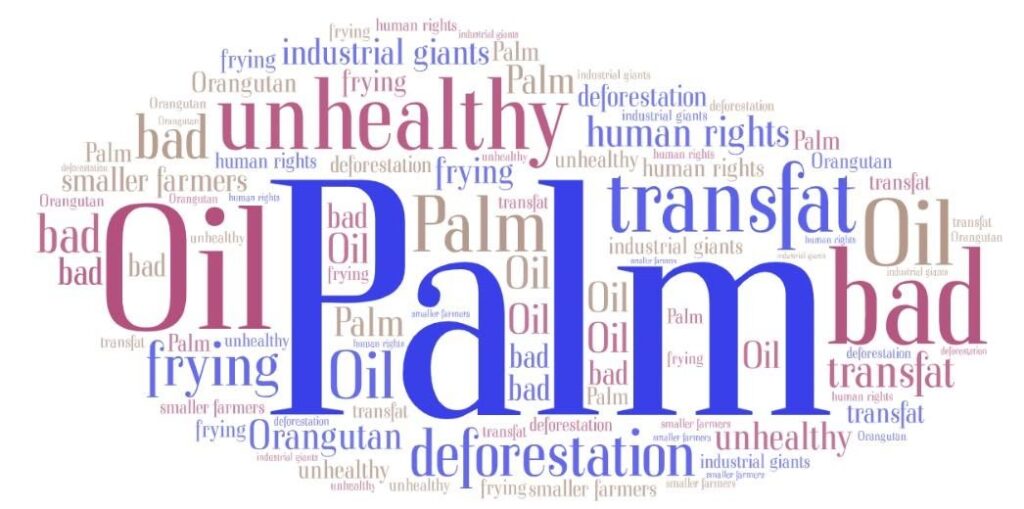In this article, let us debunk 3 of the popular myths about palm oil:
- Palm oil is unhealthy.
Palm oil and health is a topic that looks at different fractions of the production process. There is palm olein, which is like olive oil, and there is palm stearin, which is solid and used as margarine. Each part has different proportions of saturated, monounsaturated, and polyunsaturated fatty acids. Palm oil offers a variety of health benefits. It is naturally free of trans fats and contains high levels of vitamin A. Palm oil also contains tocopherols and tocotrienols, which are components of the antioxidant vitamin E. Recent studies also show its biological properties in protecting against cancer, cardiovascular disease, neurodegeneration, oxidative stress, and immune regulation. The best part is that this is all-natural, it is raw in its form. For the same reason, it will benefit our human body the best compared to processed products.
- Palm oil has trans-fat.
Partially hydrogenated oils are the major source of trans fatty acids in the food supply, and trans fatty acid intake poses a risk for cardiovascular disease. Partially hydrogenated oils contain more artificial trans fats than fully hydrogenated oils because their carbon atoms are not fully saturated, leaving room for trans double bonds to form. A higher intake of trans fats is associated with an increased risk of CHD. Mechanistically, trans fats promote increases in LDL cholesterol and lower HDL cholesterol, which promotes coronary artery calcification. Palm oil does not even need to be hydrogenated. It is naturally free of trans fats. It is extracted and available for use in the same applications as hydrogenated fats are needed but is free of trans fats.
- Palm oil causes deforestation.
Malaysian palm oil production is currently 86.5% certified sustainable, the country aims for a fully sustainable palm oil production. No additional land is used for cultivation, which also means that no new deforestation is taking place. Deforested palm oil production areas are a thing of the past in Malaysia. Many palm oil companies have a sustainable and traceable palm oil supply chain. With the use of technologies such as blockchain and satellite monitoring, it is becoming easier to confirm the sustainability of palm oil. The palm oil sector has made more Zero Deforestation Commitments than any other deforestation-related commodity. With nearly 40 per cent of oil palm cultivated by smallholders, Malaysia’s over 300,000 smallholders, who cultivate plantations ranging from 4 to 40 hectares, contribute to livelihood security, employment, and economic stability.
